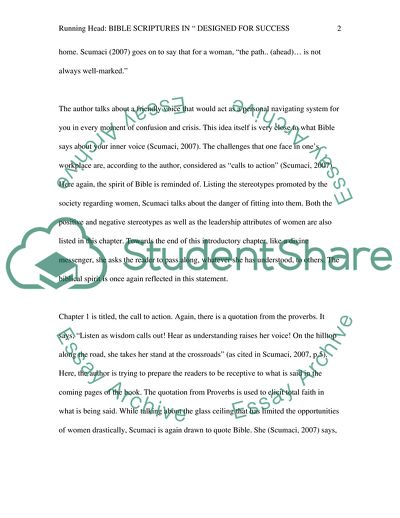Cite this document
(Bible Scriptures in Designed for Success Book Report/Review Example | Topics and Well Written Essays - 1750 words, n.d.)
Bible Scriptures in Designed for Success Book Report/Review Example | Topics and Well Written Essays - 1750 words. https://studentshare.org/literature/1741573-designed-for-success
Bible Scriptures in Designed for Success Book Report/Review Example | Topics and Well Written Essays - 1750 words. https://studentshare.org/literature/1741573-designed-for-success
(Bible Scriptures in Designed for Success Book Report/Review Example | Topics and Well Written Essays - 1750 Words)
Bible Scriptures in Designed for Success Book Report/Review Example | Topics and Well Written Essays - 1750 Words. https://studentshare.org/literature/1741573-designed-for-success.
Bible Scriptures in Designed for Success Book Report/Review Example | Topics and Well Written Essays - 1750 Words. https://studentshare.org/literature/1741573-designed-for-success.
“Bible Scriptures in Designed for Success Book Report/Review Example | Topics and Well Written Essays - 1750 Words”. https://studentshare.org/literature/1741573-designed-for-success.


